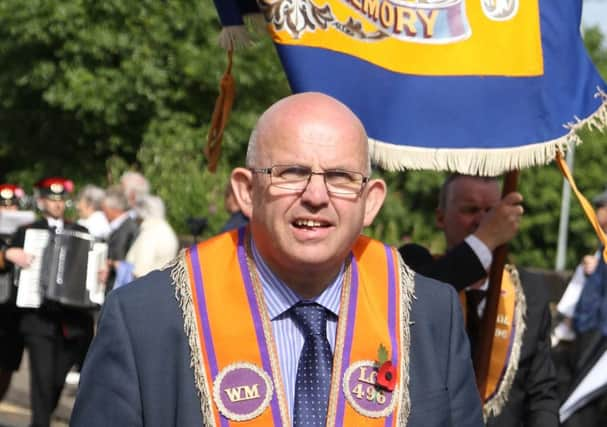DUP should keep distance from stance


His assertion about the sixteenth century church reformers taking exception to what he calls “transubstantiation”, and giving that as the reason for Orange Order members not to be seen in a Roman Catholic church, is confusingly sweeping.
“Transubstantiation” is not about the reality of Christ’s presence, in or with the sacrament, that is of faith, but about the mode of the presence, and that mode, as formulated by Thomas Aquinas (who is credited with the term) is the mode of substance not place, that is, Christ’s presence is not according to spatial dimension. Some, such are mind-sets, may have difficulty in figuring that out.
Advertisement
Hide AdAdvertisement
Hide AdIt was an attempted accommodation to Aristotelianism over which there were disputes about its compatibility with Christianity.


As for Luther, presumably included by John Finlay amongst the great reformers, his Catechism of 1521, in answer to the question “What is the Sacrament of the Altar?” replies “It is the very Body and Blood of our Lord Jesus Christ, under the Bread and the Wine ...” Although in the Catechism no attempt is made to say how, Luther, elsewhere, compared the Eucharistic elements, the bread and wine, as being infused, without displacement of substance, as iron is infused with heat without the substance of the iron being displaced.
And as for the Confession of Westminster and the Thirty-Nine Articles, invoked by Councillor Finlay, it all depends on what was understood at the time (which may be very different from today) with respect to the meaning of what it is that is repudiated.
WA Miller, Belfast